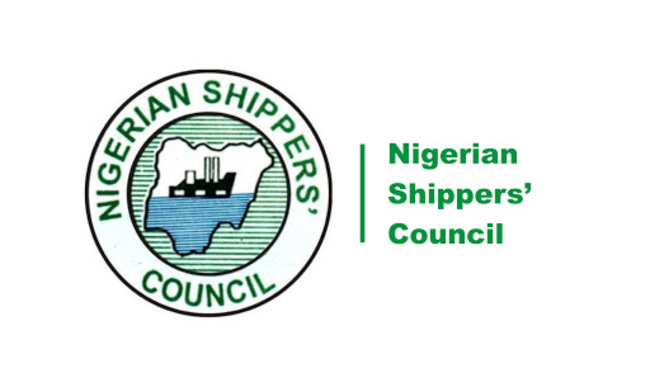The Nigerian Shippers Council (NSC) is working towards reducing bottlenecks that are a barrier to trade facilitation processes in Nigeria.
While speaking during a partnership visit to the National Coordination Office of the African Free Continental Trade Agreement (AfFCTA) office in Abuja, the Executive Secretary of the NSC, Pius Akutah, said trade facilitation is key to the economic development of the country.
He said the Council has taken some steps to help ease trade facilitation processes, which include a dispute resolution initiative and a port automation system, among others.
“I want to say that the Nigerian Shippers Council has taken some measures to facilitate trade and reduce some of the bottlenecks. Some of the initiatives are ongoing, like the informal trade, which has to be captured for the purpose of data”.
The ES explained that Nigeria happens to be one of the countries where trade is most expensive, noting that the “cost of doing business here in the port sector is very high compared to other African countries, especially those in our neighbouring environment.
“The bottlenecks are poor infrastructure, cumbersome procedures, restrictions, and high tariffs in doing business in general, all of which contribute to the problems that we are facing today.
“AfFCTA is a platform that is needed today to correct all of these abnormalities, and we are encouraged that AfFCTA is on the right track, and we are going to see how we will work together to deal with these issues as far as they involve intra-trade among African countries,” he stated.
Akutah further stated, “We are also looking at the issue of tariffs; we are setting up guidelines for stakeholder standard operating procedures in the sector; recently, we have negotiated with the maritime workers union and the shipping companies and terminal operators for minimum standards for entry and exit of maritime workers, which has been a challenge for so many years; that has been put to rest now.
“We have another agreement, which, hopefully, the minister will validate next week. This will certainly reduce the amount of friction and the number of times that people have to go on industrial action in the sector due to poor packages.”.
On his part, the coordinator of the AfFCTA Nigeria office, Mr Segun Awolowo, noted that it was important for the country to position itself properly to benefit from the AfFCTA.
He urged the Nigerian government to ease trade facilitation processes in order to enable the export sector of the economy to grow and gain from the AfFCTA.
Awolowo therefore commended the NSC for their efforts in growing the country’s economy, highlighting the Council’s role in trade facilitation apart from their regulatory duties.
“Trade facilitation is extremely important because that is the only way we can really benefit from trade agreements such as the AfFCTA,” he stated.
ALSO READ THESE TOP STORIES FROM NIGERIAN TRIBUNE
